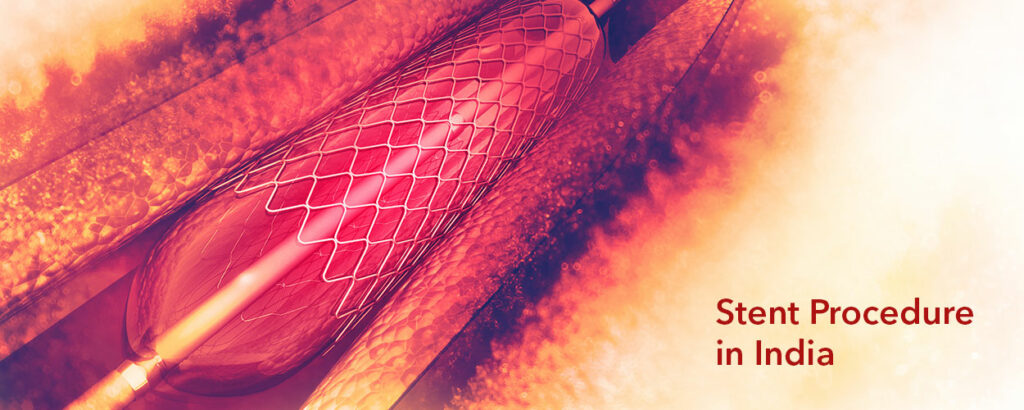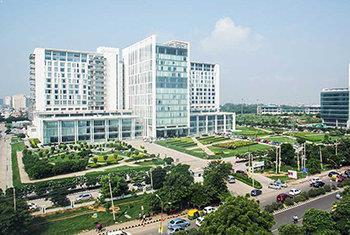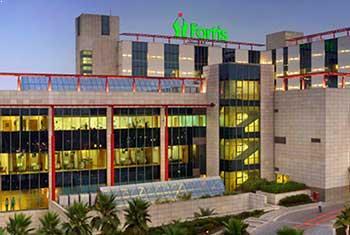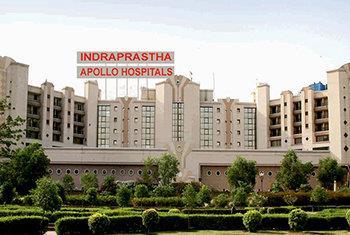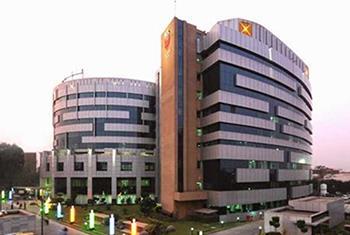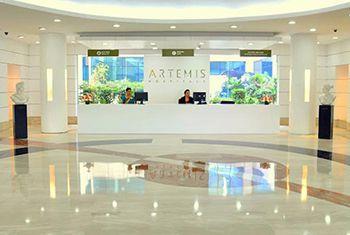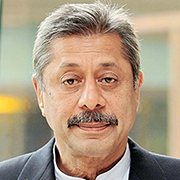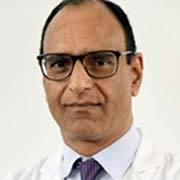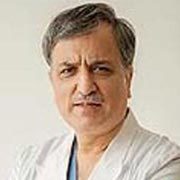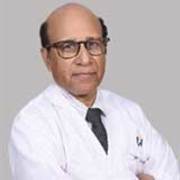Stent Surgery in India
Stent surgery in India is a common cardiac procedure performed at some of the best cardiac hospitals in India. This cardiac procedure is used to restore the flow of blood through narrowed and blocked arteries. This is done by widening the constricted blood vessels, which mostly happens in the case of coronary artery disease (CAD).
During stent procedure, the surgeons place a tiny instrument in an artery. This procedure is also known as percutaneous coronary intervention (PCI) or coronary angioplasty. The placed instrument widens the artery and strengthens its walls. Thus, it helps improve the flow of blood through it.
Coronary angiography in India reinstates the flow of blood through a narrow or blocked coronary artery. It may also be used to support the inner wall of the artery after months or years of undergoing percutaneous coronary intervention (PCI).
The best hospitals in India for stent surgery offer attractive packages to both inbound and outbound medical tourists.
Most of the medical tourists from abroad like to visit India because of the valuable and positive response received by the hospitals in India for stent surgery. There are more than 500 hospitals in the different Indian cities that conduct this procedure.
Medical tourists from other countries find that the cost of stent surgery in India is quite impressive and affordable in the comparison of other countries in the world.
Stent surgery in India is conducted under the guidance of highly experienced cardiac surgeons. These surgeons have extensive experience in conducting different types of cardiac surgeries. A majority of these doctors are educated and trained from abroad.
The best stent surgery hospitals in India, if required, collaborate from top cardiologists in the world to offer high-quality cardiac treatment to patients.
Because of the high quality of medical treatment, hundreds of patients from countries such as the UK, US, UAE, Canada, Russia, and the Arab nations prefer to come to India for stent surgery.
